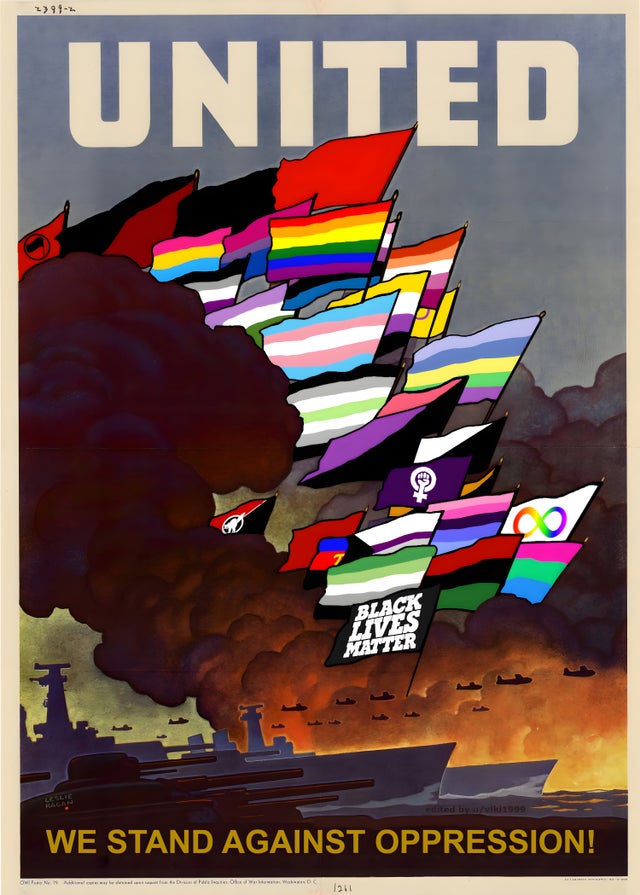Once you learn how to understand and apply historical materialism and break out of capitalist canards like the myth of barter, it becomes much easier to come up with the things that make societies feel evolving, nuanced, and alive: internal struggles, subcultures and countercultures, political movements, economic bases, social mores and customs. That, plus having a variety of real-world examples to draw from to avoid falling into the trap of capitalist realism.


Cheers
Those are really solid and I could see them used for world building! Awesome